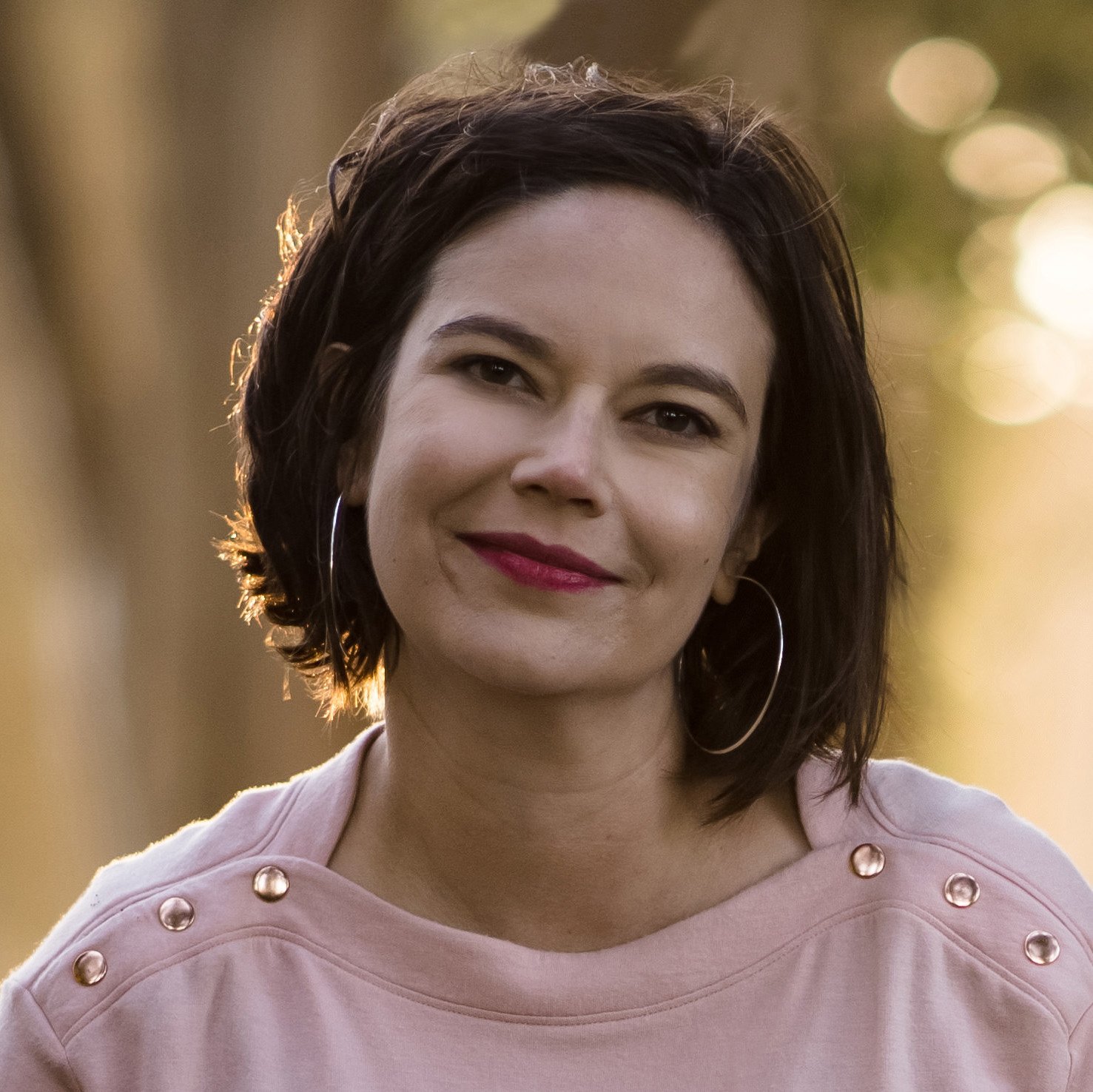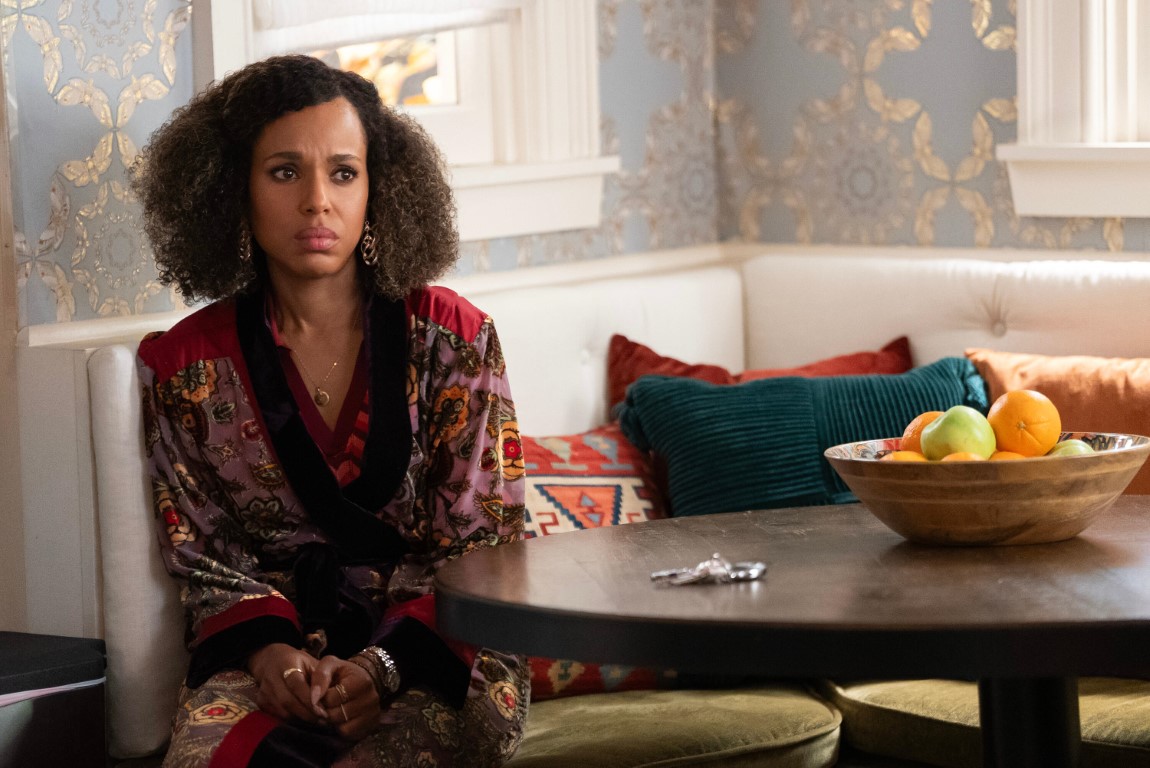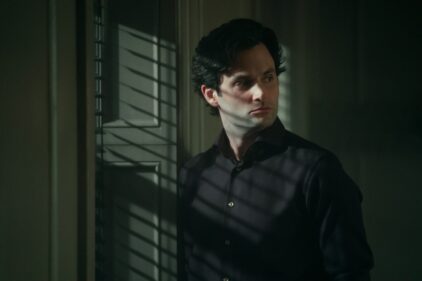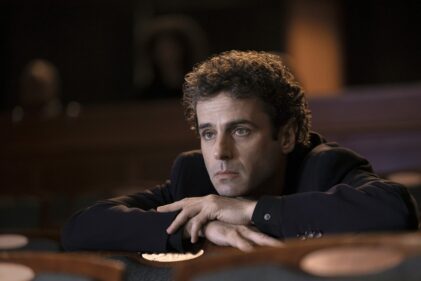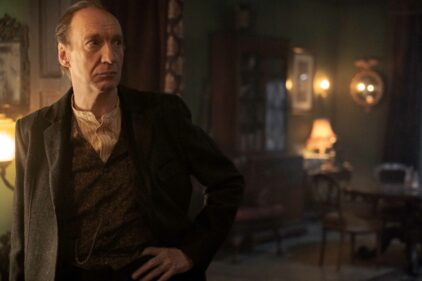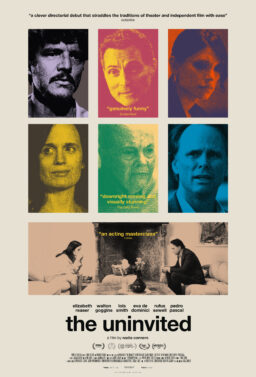There are lots of shows about trauma but few are as funny or as fun as the Onyx Collective’s “UnPrisoned,” now in its second season.
If that sounds like shade, it is not. Loosely based on creator Tracy McMillan’s own life, “UnPrisoned” matches its protagonist’s personality and worldview perfectly. The fictional Paige Alexander is a bubbly therapist who’s dealing with “some truly crazy shit” as the opening credits promise. Still, life goes on and “UnPrisoned” follows a charismatic, high-functioning woman at a crossroads in her personal development.
The cast, all back for a second season, knows how to hit their marks, be they comedic or dramatic. Kerry Washington is completely believable as a social-media famous therapist. She radiates warmth and vulnerability, equally able to have fun playing with her character’s attempts at various dating strategies and show the pain that lies underneath her inability to connect romantically.
Likewise, Delroy Lindo as Paige’s formerly incarcerated dad Edwin delivers an extremely nuanced performance. He lights up the screen when sharing his street-tested wisdom with his daughter, bonding with his grandson, or cooking. And the absence of that charm becomes an emotional black hole, threatening to pull everyone in the vicinity inside it when he’s worried about past mistakes catching up to him again.
Even young Faly Rakotohavana as Paige’s only child Finn, holds his own, keeping up with his acclaimed colleagues. His task is to alternate between childish delight and teenage anxiety (the chemical kind) while trying to figure out who he is. And Rakotohavana makes inhabiting Finn’s contentious life change mostly look effortless.
These strong performances let the writers take big risks, visualizing therapeutic concepts in ways that would feel trite or over-the-top in a less-skilled production. Paige’s inner child (Jordyn McIntosh) is back this season and the two’s conversations are just as heartwarming/heartbreaking as in season one.
“UnPrisoned’s” sophomore outing adds in family therapy with sessions led by a hippy-dippy John Stamos, clearly enjoying his role as Paige’s antagonist. At first, it seems like this new element may re-structure our episodes so that each one includes a therapy session followed by our central triad trying to implement some of the insight they gained.
These episodes are strong but “UnPrisoned” doesn’t get stuck in that formula, allowing its characters more time to grow and learn between sessions. Still, these scenes are some of the best of the season with Paige unsettled by a therapist who critiques her industry and her family all together, forced to talk about their issues.
One sequence dramatizing the oft-used metaphor of “wrestling with emotions” is truly inspired, leveraging the best of TV to dramatize what could be just a few people sitting around and talking. Via a highly stylized wrestling set piece, it shows what probing therapy sessions really feel like, visualizing the drama in ways surprising, delightful, and devastating.
This trick of balancing tones – of having a laugh-out-loud comedy about intergenerational trauma and the systemic racism that helps foster it – well, it would be easy to mess up. But there’s clearly a deep well of authenticity at the center of “UnPrisoned” and it allows this show to succeed at concepts that are full of pitfalls on paper.
Season two has less direct commentary on the systemic aspect of Edwin’s struggles. Season one had a whole episode about how he needed his birth certificate to get a driver’s license and thus drive legally (unlocking a lot of recidivism-stopping job opportunities) – but he was blocked by a racist and byzantine Southern records system, effectively creating a Catch 22 blocking his way to legitimately joining society.
There’s nothing like that in season two, but systemic racism still undergirds the family’s many problems. As such, it gets more than a passing mention and indeed the show’s whole setup is a more thoughtful look into how racism hurts and limits Black people than is present in many a hard-hitting drama.
With its clear-eyed understanding of how race functions in the US, “UnPrisoned” is able to build on its first season, growing only more self-assured in its voice. This season may be more about personal rather than systemic problems but it still delivers incisive social commentary rooted in the stories of three deeply human characters. This is a show that knows life is both serious and silly, pain manifests in both ridiculous and tragic ways, and we persevere with both laughter and tears.
As such, “UnPrisoned” is not so much a show about trauma or healing. Its characters are more than the worst things they’ve experienced, even as their pasts remain present. It’s a show about family, growth, and Black joy and it’s a damn good one.
